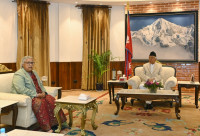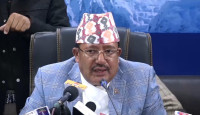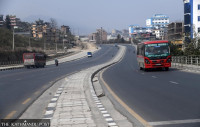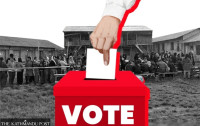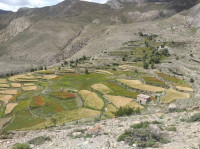National
Absence of law is denying conflict victims of sexual violence access to justice: Report
While no official figures are available, there are an estimated 1,500 victims of sexual violence from the insurgency era.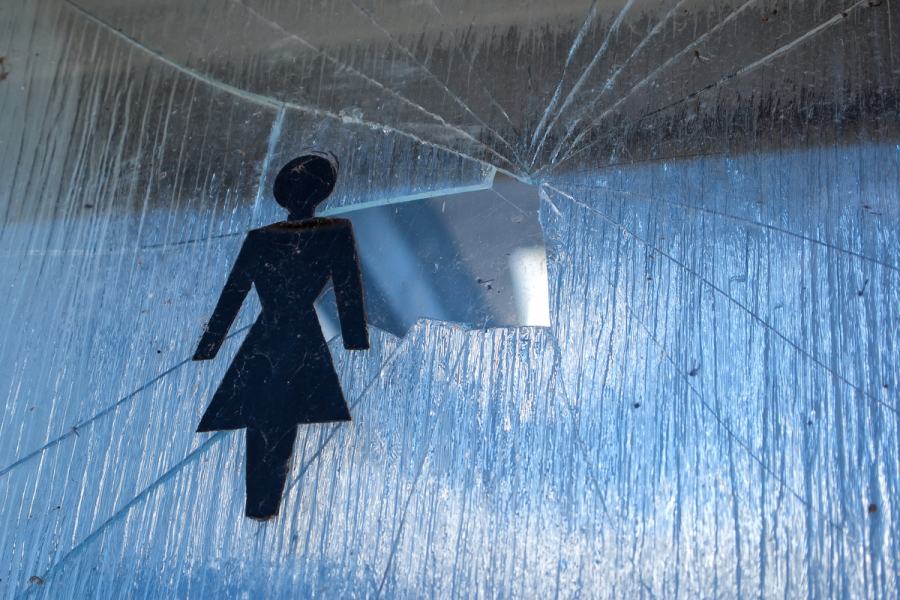
Post Report
The victims of sexual violence from the conflict era lack access to justice in the absence of a proper law and amicable environment that can enable them to put up a legal fight, according to a report.
Judicial Perspectives on Cases of Conflict-Related Sexual Violence (CRSV), a study report by the Human Rights and Justice Centre, said although the Enforced Disappearances Enquiry, Truth and Reconciliation recognises rape and sexual violence as gross violations of human rights, it does not define what constitutes sexual violence. It also doesn’t differentiate between rape and other forms of sexual violence.
Though the National Penal Code has set two years in the statute of limitations from 35 days earlier to lodge a complaint in a case of rape, it is still too short. On one hand, very few cases related to CRSV have been registered at the Supreme Court; on the other, the government seldom implements its ruling, according to the report.
The court’s directive to the government to adopt necessary laws and policies to guarantee victims’ rights to reparation, truth-seeking, rehabilitation, prompt criminal investigation and fixing the accountability of the perpetrators remains unaddressed.
The United Nations Human Rights Committee had investigated three incidents—Purna Maya, Fulmati Nyaya and Devi Maya—of rape and sexual violence and recommended to the Nepal government to investigate, prosecute and punish the men involved in rape and to provide the victims with full reparation.
The recommendations of the Human Rights Committee are yet to be implemented, which shows the gruelling condition of CRSV victims in Nepal, the report said.
The data on CRSV victims or survivors; the exact magnitude of this crime; and the precise figure of children born as a consequence of rape during the conflict also are unavailable, as per the report. In 2012, the Office of the United Nations High Commissioner for Human Rights’ Nepal Conflict Report remarked that the documentation of sexual violence during the conflict ‘remains scarce’.
The report noted that there has been no progress on the matter since.
Although the victims’ groups estimate the number to be around 1,500, there is no official data. Records at the truth commission show that among the 63,700 cases it has received, 314 are related to rape or sexual violence during the insurgency. In 2018, a study team comprising Manchala Jha and Madhabi Bhatta, then members of the commission, was formed to suggest relief and reparations after consulting with the victims. Although they submitted their report recommending immediate counselling, treatment and interim relief for the victims, the suggestions were not heeded.
The report also pointed out that no specific relief schemes for the victims of CRSV were announced and the ones that exist do not include CRSV victims among the beneficiaries. “Although the SC has ensured rape victims’ right to reparation in many precedents, there have been no petitions yet explicitly seeking all forms of reparation for CRSV, and so there are no precedents on this,” the report added.
Commenting on the report, human rights lawyer Raju Prasad Chapagain said there is an absence of research-based policy in Nepal and the report would help fill the gap in the conceptualisation and legal aspects of CRSV in Nepal.




 10.95°C Kathmandu
10.95°C Kathmandu
